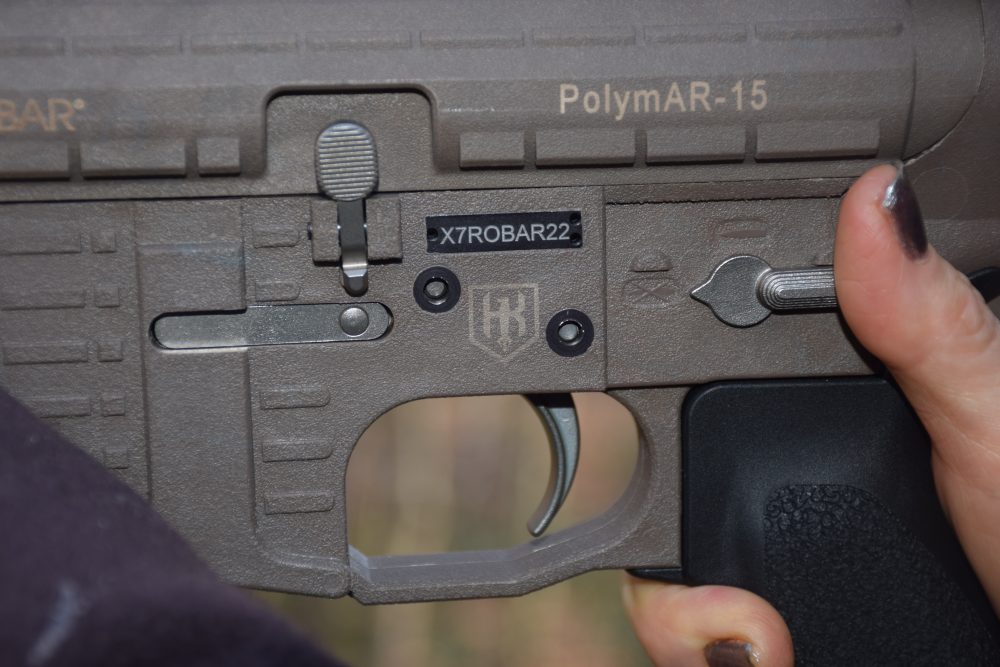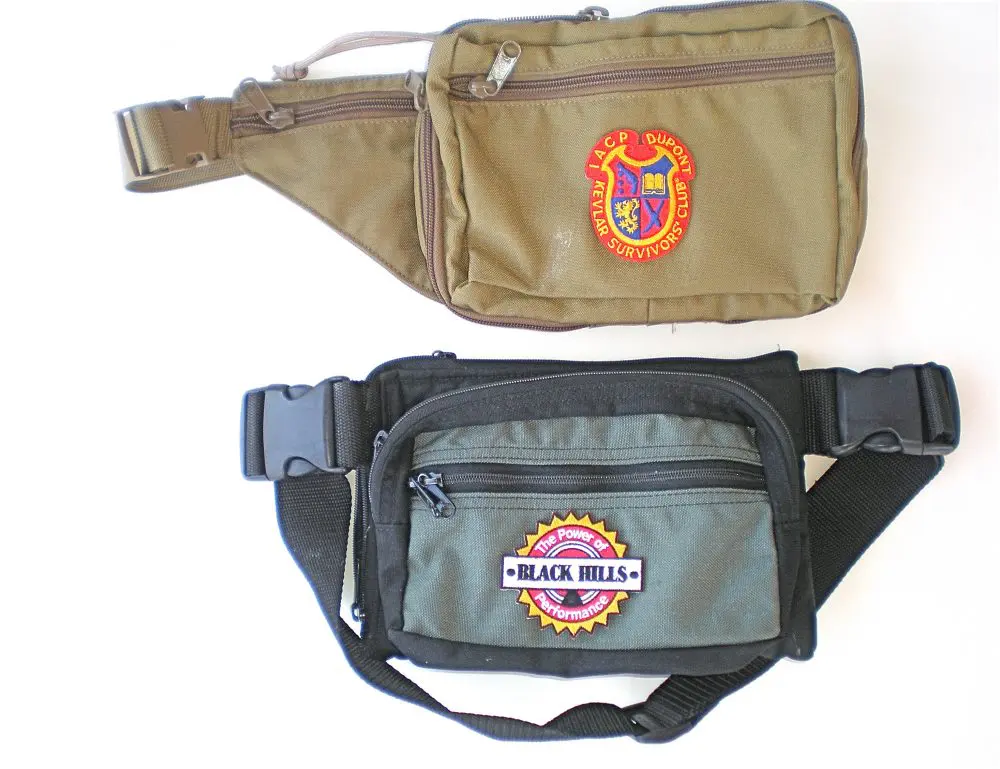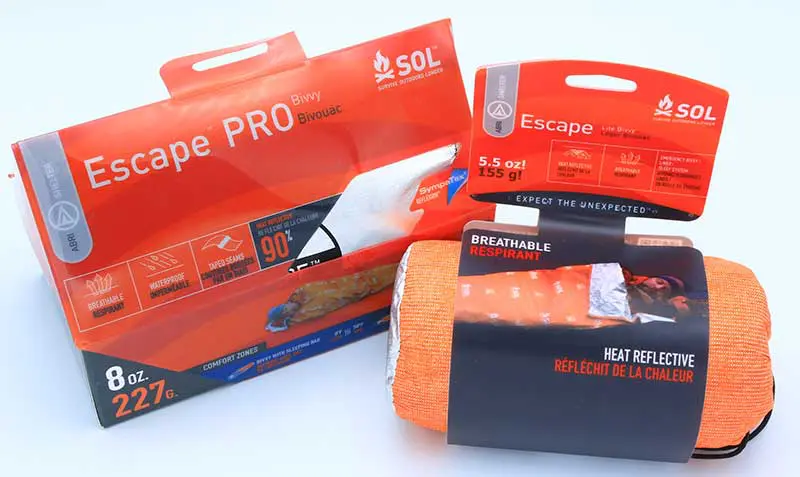The forcible citizen disarmament lobby, realizing that the term “gun control” has become toxic in the eyes of much of the American public, has rebranded itself as a force for “gun safety.” For example, the rabidly anti-gun Coalition To Stop Gun Violence refers to gun control as “the outdated term,” as if government control of guns and gun owners is no longer at the top of their agenda.
CSGV, by the way, is no stranger to this kind of rebranding. They once called themselves the “Coalition To Ban Handguns,” and changed the name not because of a softening in their position on handguns, but because they wanted to ban so-called “assault weapons” too.
This new “gun safety” term carries its own logic problems for the gun-ban zealots, one that goes beyond the obvious problem of claiming mandated defenselessness is necessary for “safety”: namely that they also lobby against private citizens’ access to equipment that makes shooting safer. This can be seen in the zealots’ response to the introduction in January, in both chambers of Congress, of the Hearing Protection Act.
The HPA would effectively remove suppressors (“silencers” in popular, and rather inaccurate, parlance) from the list of items (like machine guns, grenades, cannons, and short-barreled shotguns and rifles) heavily restricted under the National Firearms Act of 1934. The purchase of a suppressor would still require the background check and other legal hoops necessary to purchase a long gun, but would no longer require the $200 tax stamp, fingerprints, and far more comprehensive background check that takes months.
Identical legislation was introduced in 2015 and went nowhere, but there is considerably more energy behind it this year, partly because President Obama was thought likely to veto any such legislation even if Congress approved it. President Trump is considered very likely to sign such a bill into law if it reaches his desk. His son, Donald Trump, Jr., has publicly expressed his fervent hopes for legislation that would relax the laws governing sale, possession, and use of suppressors.
And the laws regarding suppressors should be greatly relaxed, because they are valuable safety equipment. In many European countries, where guns are regulated just about as harshly as any American gun-ban zealot could wish, suppressors are completely unregulated—or even required, in some cases.
Unsuppressed gunfire is (obviously) quite loud. Anyone who spends a lot of time around guns being fired without suppression and who doesn’t wear quality ear protection inevitably suffers hearing loss with every shot. Gun-ban zealots respond to that by saying that if shooters are concerned about hearing loss, then using earplugs, earmuffs, or some combination is all that is necessary.
But that undermines safety in a different way. When hearing protection is applied at the ears rather than at the source of the noise, the ability to hear anything is compromised. That includes commands from the range safety officer at gun ranges, and hunting companions wanting their fellow hunters to know where they are, so no shots are sent in their direction.
Alternatively, anti-gun groups simply deny that hearing damage is any concern at all. “There’s no evidence of a public health issue associated with hearing loss from gunfire,” says the Brady Campaign’s Kristin Brown, in perhaps the first instance of the group minimizing a health concern connected to gun use.
The Violence Policy Center may be the group most aggressively offended by the idea of easier public access to this kind of hearing protection. In their “study” stating the supposed dangers of suppressors, they list some rather odd “dangers”: improved accuracy stemming from harmonic stabilization of the barrel and reduced gas-induced instability as the projectile exits the muzzle, increased accuracy due to reduced muzzle flip, better communication among shooters, and reduced muzzle flash, thus protecting the shooter’s night vision.
The VPC claims these advantages are a problem because “In a civilian context, these ‘benefits’ could help enable mass shooters and other murderers to kill a greater number of victims more efficiently.” In other words, accuracy is dangerous, as are unhindered hearing and vision.
What’s next, banning sights? Requiring shooters to wear glasses with lenses that blur their vision?
Perhaps most amazing is that opposing suppressors is not even the most egregious attack on gun safety advocated by these groups. The VPC wants body armor to be far more strictly regulated than it currently is.
When former Representative Mike Honda (D-CA) introduced a bill in 2014 that would ban private ownership of so-called “enhanced” body armor (with “enhanced” apparently making the distinction between soft body armor, intended to stop most handgun rounds, and the much heavier, bulkier, and less flexible rigid body armor, intended to provide protection from rifle rounds), the VPC was one of Honda’s loudest cheerleaders. “Criminals who wear enhanced body armor embolden themselves and put law enforcement in greater danger. Congressman Honda should be applauded for this legislation that will help protect the safety of first responders as well as the general public,” VPC stated.
But the VPC doesn’t limit its opposition to privately owned body armor to only the enhanced variety. Quoted in a 2012 U.S. News article called The Other Loophole: Bulletproof Armor, VPC’s executive director Josh Sugarmann called for tighter regulation of all body armor, enhanced or not. Yes, VPC’s idea of “gun safety” is that laws should make it inevitable that all bullets hitting private citizens should penetrate their flesh. Otherwise, presumably, the government cannot kill us fast enough.
And these people call us terrorists. Maybe this explains why they are opposed to improved protection for shooters’ hearing—perhaps they believe that if we go deaf, we won’t be able to hear their monstrous arguments, and would thus be unable to confront them.
A former paratrooper, Kurt Hofmann was paralyzed in a car accident in 2002. The helplessness inherent to confinement to a wheelchair prompted him to explore armed self-defense, only to discover that Illinois denied that right. This inspired him to become active in gun rights advocacy.




